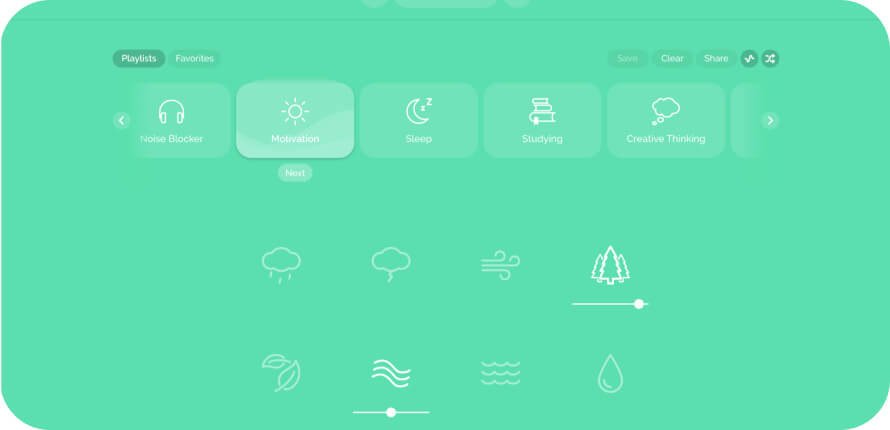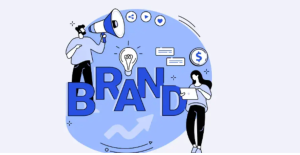Freelancer’s toolkit: Tools to increase productivity, privacy & peace of mind

Freelancing offers incredible freedom, but it also brings unique digital challenges. Whether you’re working from coffee shops, co-working spaces, or travel destinations, having tools that boost productivity, protect your privacy, and reduce stress is essential. This guide highlights practical, reliable tools that help freelancers stay efficient, secure, and centered.
-
Streamline Your Workflow
Managing multiple projects, clients, and deadlines can get overwhelming without proper systems in place. Tools like Trello, Asana, or Toggl help you visualize tasks, track time, and prioritize effectively. For example, using Trello boards to separate client work, admin tasks, and personal goals can reduce mental load. The Digital Project Manager recently published a very comprehensive roundup of task management software that helps freelancers choose tools suited to their style and methods of working. With consistent use, you can avoid overlap, missed deadlines, and burnout.
-
Protect Your Digital Footprint
Freelancers often operate in public Wi-Fi zones, such as cafés, airports, and shared offices, and this makes cybersecurity a top concern. A browser-based VPN Chrome extension helps encrypt your traffic and mask your IP, so you can confidently access client files, banking platforms, or confidential portals. Using a VPN Chrome extension, for instance, guarantees that even on unsecured networks, your data remains private and your clients remain protected. Besides VPNs, adopting two-factor authentication, password managers, and periodic security audits strengthens your digital defense.
-
Simple Communication and Collaboration
Effective communication is the backbone of freelancing. And here, tools like Slack, Google Meet, and Notion streamline client discussions, document sharing, and version control. Organized channels or threads help you manage ongoing conversations, feedback loops, and revisions without crossing wires. The Kitchen blog highlights how simple best practices, such as clear naming conventions, regular check-ins, and shared documentation, can go a long way toward reducing miscommunication.
-
Prioritize Mental Clarity and Well-Being
Freelancing often blurs the line between work and downtime. To maintain focus and protect your mental health, you can use apps like Freedom or Forest to block distractions during deep work periods. Equally important is scheduling actual time off. Here, shutting down notifications, walking outside, or doing non-work creative activities can be of great help. The Federation of Small Businesses offers guidance on balancing business demands with self-care, reminding self-employed professionals that sustainable output requires regular rest.
There’s no one-size-fits-all freelancer toolbox, but the most successful ones feel both functional and freeing. When combining task management tools, security layers such as a VPN, collaboration platforms, and well-being practices, you can create a digital environment that supports productivity and peace of mind. The best advice is to avoid chasing every new app. Instead, pick just a few tools that genuinely support your workflow and customize them around your habits and goals.



